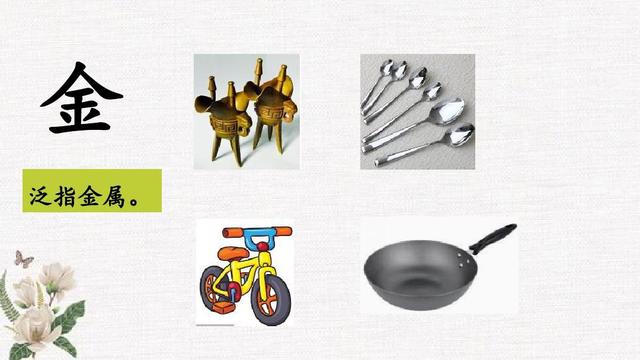
1. 焦点副词的用法特点
所谓焦点副词就是指对所修饰的词进行强调,使之成为人们注意的焦点的副词。这类副词常见的only, alone, also, even, just, merely, really, simply, mainly, chiefly, especially, exactly 等。如:
Only a doctor can do that. 只有医生才能这样做。
I rang up just to say hello. 我打电话只是问候一下。
焦点副词通常位于它所修饰的词语之前,但alone 总是位于所修饰的词之后。如:
Jim alone knew what happened. 只有吉姆知道发生了什么事。
焦点副词在句中的位置不同可能会导致句子意思的变化。比较:
Even now he doesn’t believe me. 甚至到现在他还不相信我。 (其他时候就不用说了)
Now even he doesn’t believe me. 现在连他都不相信我了。(其他人就更不会相信我了)
Now he doesn’t even believe me. 现在他甚至不相信我了。(其他方面的事就更不可能了)
Now he doesn’t believe even me. 现在他甚至连我都不相信了。(其他人就更不会相信了)
2. 句子副词的用法特点
句子副词用于修饰句子,表示说话人的观点和看法,常见的句子副词有 actually, certainly, clearly, Fortunately, frankly, honestly, luckily, obviously, perhaps, possibly, probably, surely, undoubtedly, unexpectedly 等。句子副词通常位于句首(有些句子副词也可位于句中)。如:
Luckily, the police came in time. 幸亏警察及时赶到。
Fortunately, nothing was found. 幸运的是,什么也没找到。
有的句子副词也可用作其他种类的副词,不过这往往会导致位置和语义的变化:
Happily, he didn’t die. 幸亏他没有死。(句子副词)
He didn’t die happily. 他死得很惨。(方式副词)
Clearly he didn’t say so. 显然他没有这样说。(句子副词)
He didn’t say so clearly. 他说得没有那么清楚。(方式副词)






